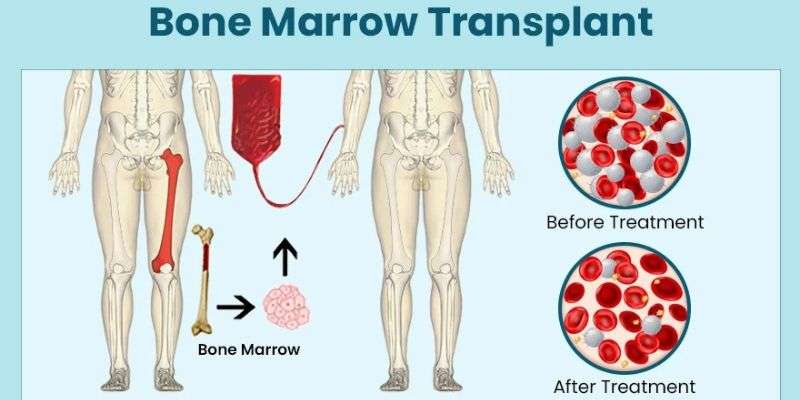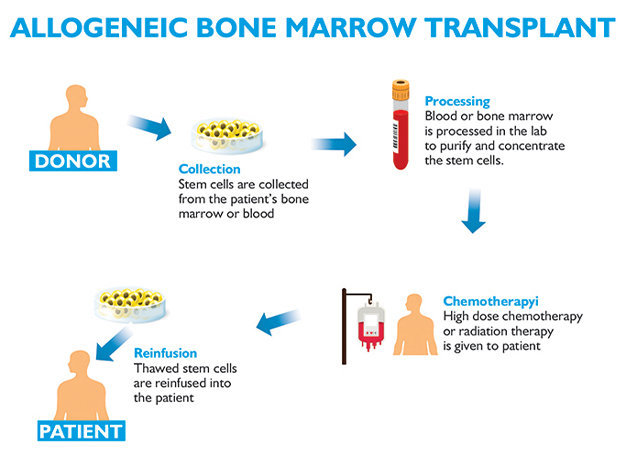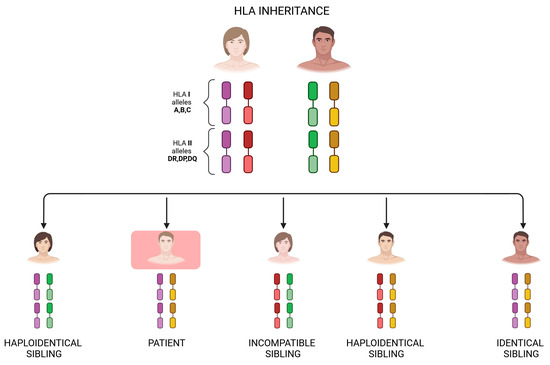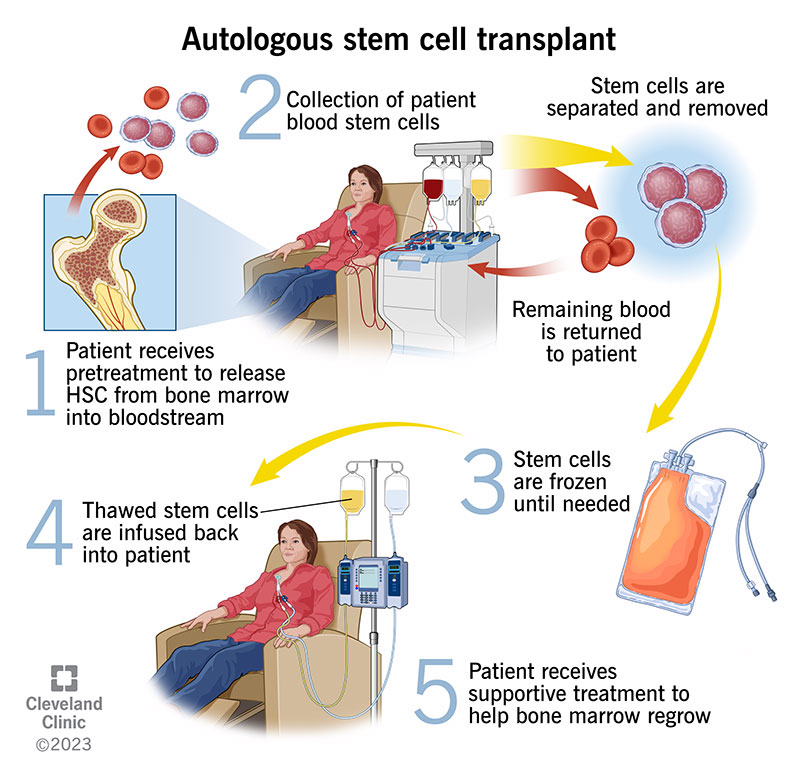Bone Marrow Transplant in India: Procedure, Cost & Best Hospitals

Contact Us

Bone Marrow Transplant (BMT) has become a life-saving treatment for patients with blood disorders and certain cancers. With India emerging as a global hub for affordable and advanced medical treatments, bone marrow transplants in the country are performed by world-renowned specialists using the latest techniques. Dr. Rahul Bhargava, one of India’s leading hematologists and transplant experts, has played a pivotal role in making BMT accessible and successful for both Indian and international patients.
What is a Bone Marrow Transplant?
A Bone Marrow Transplant (BMT) is a specialized medical treatment used to replace damaged or diseased bone marrow with healthy blood-forming stem cells. Bone marrow, found in the soft center of bones, is responsible for producing red blood cells, white blood cells, and platelets. When diseases like leukemia, lymphoma, myeloma, or bone marrow failure syndromes affect this process, a transplant can help regenerate the marrow and restore normal blood cell production.
Who Needs a Bone Marrow Transplant?
A bone marrow transplant is typically recommended for patients whose bone marrow is not functioning properly or has been damaged by disease or aggressive treatment. This procedure is often a last resort when conventional therapies are no longer effective or when a cure is only possible through transplantation. Individuals who may require a BMT include:
- Blood Cancers: Patients with leukemia (acute or chronic), Hodgkin’s lymphoma, or non-Hodgkin lymphoma, where the bone marrow is infiltrated with malignant cells.
- Multiple Myeloma: Especially those who relapse or do not respond to initial chemotherapy.
- Aplastic Anemia: A condition where the bone marrow fails to produce enough blood cells.
- Thalassemia and Sickle Cell Anemia: Genetic blood disorders that may benefit from a curative transplant, especially in younger patients.
- Myelodysplastic Syndromes (MDS): A group of disorders caused by poorly formed or dysfunctional blood cells.
- Certain Immunodeficiency Disorders: Conditions such as SCID (Severe Combined Immunodeficiency) or other inherited immune system failures.
The decision to proceed with a transplant is made after evaluating several factors, including age, overall health, disease progression, and availability of a compatible donor.
What are the Types of Bone Marrow Transplants?
There are three primary types of bone marrow transplants, each suited to specific medical needs and patient conditions:
1. Autologous Bone Marrow Transplant
In this type, the patient’s own healthy stem cells are collected and stored before undergoing high-dose chemotherapy or radiation. After the treatment eliminates diseased or cancerous cells, the stored stem cells are reinfused into the patient’s body to help rebuild the bone marrow. This is often used for cancers like multiple myeloma and certain lymphomas. It minimizes the risk of rejection or graft-versus-host disease (GVHD).
2. Allogeneic Bone Marrow Transplant

This involves the use of stem cells from a genetically matched donor, usually a sibling or close family member. It is used when the patient’s own stem cells are not healthy enough, as seen in conditions like leukemia or severe aplastic anemia. A key benefit is that the donor immune system may also help destroy remaining cancer cells, known as the graft-versus-leukemia effect. However, there is a higher risk of GVHD, which is managed with immunosuppressants.
3. Haploidentical (Half-Matched) and Unrelated Donor Transplants

For patients without a fully matched donor, haploidentical transplants use stem cells from a half-matched relative, such as a parent or child. Alternatively, unrelated donors may be sourced from international registries. These transplants are more complex and require careful monitoring, but advances in medical protocols have made them increasingly successful and accessible, especially in India.
Each transplant type is chosen based on the patient’s diagnosis, urgency, donor availability, and overall health.
Bone Marrow Transplant Procedure: Step by Step
The Bone Marrow Transplant (BMT) process is a structured, multi-stage procedure that requires close coordination between specialists and the patient. Here is a breakdown of each step:
1. Pre-Transplant Evaluation
Before the transplant begins, the patient undergoes a thorough evaluation, which includes:
- Complete blood work
- Imaging scans (such as CT, PET-CT, or MRI)
- Heart and lung function tests
- Infectious disease screening
- Psychological and nutritional assessments
This helps the medical team determine the patient’s overall fitness and suitability for the transplant.
2. Conditioning Treatment
This involves administering high-dose chemotherapy (and sometimes radiation) to:
- Destroy diseased or cancerous cells
- Suppress the immune system to reduce rejection
Conditioning typically lasts 5–7 days and prepares the body to receive the new stem cells.
3. Stem Cell Infusion
Once conditioning is complete, healthy stem cells are infused into the patient’s bloodstream through a central line (similar to a blood transfusion). The infusion is painless and takes 30 minutes to several hours, depending on the volume of cells.
4. Engraftment
This is the phase where the transplanted stem cells begin to settle in the bone marrow and start producing new blood cells. Engraftment usually occurs within 10–21 days. During this time, patients are monitored closely for:
- Blood cell counts
- Signs of infection
- Graft failure or graft-versus-host disease (in allogeneic BMT)
5. Post-Transplant Care
After engraftment, the patient requires continuous care, which includes:
- Daily blood tests
- Antibiotics, antivirals, and antifungals to prevent infections
- Immunosuppressive medications (if applicable)
- Nutritional support and psychological counseling
Recovery can take several weeks to months, and patients are advised to avoid crowded places and follow hygiene protocols strictly during this time.
What is the cost of Bone Marrow transplant?
India is recognized globally for offering high-quality bone marrow transplants at a fraction of the cost compared to Western nations. The affordability is due to efficient healthcare delivery, lower hospital infrastructure costs, and skilled medical professionals available at competitive pricing.
Estimated Cost Ranges:
- Autologous Bone Marrow Transplant: $15,000 – $25,000 USD
- This involves using the patient’s own stem cells and is often used for multiple myeloma or relapsed lymphoma.
- Allogeneic Bone Marrow Transplant: $20,000 – $35,000 USD
- This uses stem cells from a matched donor and is common for leukemia, thalassemia, and other genetic disorders.
- Haploidentical or Unrelated Donor Transplant: $35,000 – $50,000 USD
- Used when a full match is not available. It involves a higher risk of complications and extended monitoring.
What’s Included in the Cost:
- Pre-transplant investigations and donor matching
- Chemotherapy or radiation (conditioning)
- Stem cell harvesting and infusion
- Blood transfusions and medications
- Hospital stay (typically 3–4 weeks)
- Monitoring and follow-up consultations
Compared to countries like the US or UK where similar procedures can cost $100,000–$250,000 USD, India offers a cost-effective solution with high success rates, attracting patients from the Middle East, Africa, Europe, and Southeast Asia. India offers highly competitive pricing for BMT without compromising on quality.
Why India is a Preferred Destination for BMT
India has gained a strong reputation for bone marrow transplant procedures, offering a combination of cost-effectiveness and advanced medical expertise. Here’s why many international patients choose India:
- Affordable Costs: BMT in India is significantly more affordable—costing up to 70–80% less than in Western countries—while still maintaining global standards.
- Renowned Experts: Physicians like Dr. Rahul Bhargava have performed hundreds of transplants with high success rates, making them globally recognized leaders in hematology.
- Cutting-Edge Facilities: Hospitals in India feature dedicated bone marrow transplant units, HEPA filtration systems, and infection-controlled environments.
- Minimal Waiting Time: Patients receive prompt care without the long delays common in public healthcare systems overseas.
- Support for International Patients: Services include visa assistance, airport pickup, multilingual staff, and accommodation help for both patients and families.
These combined strengths make India one of the most reliable and preferred medical tourism destinations for bone marrow transplants.
Best Hospitals in India for Bone Marrow Transplant
Some of the best centers offering BMT include:
- Fortis Memorial Research Institute, Gurugram – Dr. Rahul Bhargava’s base
- Tata Memorial Hospital, Mumbai
- Apollo Hospitals, Chennai & Delhi
- Max Super Speciality Hospital, Delhi
- Christian Medical College (CMC), Vellore
Dr. Rahul Bhargava: India’s Leading BMT Specialist
Dr. Rahul Bhargava is widely regarded as one of India’s top hematologists and bone marrow transplant (BMT) specialists. With more than 1,500 successful transplants to his name, he has transformed the landscape of hematological care in India. He currently serves as the Director of Hematology and Bone Marrow Transplant at Fortis Memorial Research Institute, Gurugram.
Key Highlights of Dr. Bhargava’s Expertise:
- Extensive Experience: Over two decades of experience in performing all types of bone marrow transplants—including autologous, allogeneic, and haploidentical procedures.
- Pioneer of Low-Cost Transplants: He introduced India’s first low-cost BMT program, making treatment accessible to underprivileged patients.
- High Success Rates: Known for performing high-risk transplants with success rates comparable to global standards.
- Research and Innovation: Actively involved in clinical research, contributing to advancements in hematology and oncology.
- International Recognition: Frequently invited to speak at global conferences and collaborates with international medical institutions.
Dr. Bhargava is not just known for his medical expertise, but also for his compassionate and holistic approach to patient care. His commitment to affordable, ethical, and personalized treatment has earned him the trust of patients across India and abroad.
To consult with Dr. Rahul Bhargava or plan your bone marrow transplant in India, contact Fortis Memorial Research Institute, Gurugram. World-class care is just one call away.
